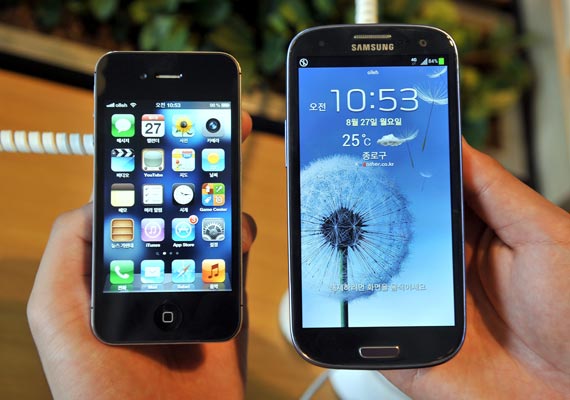New Delhi: A group of scientists led by an Indian-origin researcher in Australia has developed a new smartphone application that can be used to monitor stress-causing noise in urban areas.
Researchers from the prestigious Commonwealth Scientific and Industrial Research Organisation (CSIRO) and the University of New South Wales led by Dr. Rajib Rana have built the programme called Ear-Phone, using existing smartphone technology, to provide more detailed noise profile maps of cities and help identify noise hotspots.
"This information is very important for town planning - if you want to build a school, and for real estate markets [and] buyers choosing the area they want to live in," said Rana, who works in Canberra-based CSIRO's Autonomous Systems laboratory.
Noise pollution has been linked to stress in modern day life, with health effects including sleep disruption, hearing impairment, and psychological damage, impacting negatively on productivity, the Australian Broadcasting Corporation reported.
Rana said Australia does not actually measure ambient noise levels but in the United Kingdom noise maps are produced every five years.
However, these don't measure noise levels directly but are based on models of traffic densities and the noise reflectivity off buildings. They also need to consider changes in levels throughout the day and night, and over small distances.
"We thought we could use samples from mobile phones as a crowd sourcing method of determining noise levels," said Rana, adding that modern smartphone already has sensors capable of collecting the data required.
Initial tests were carried out on the streets of one of Australia's biggest cities, Brisbane, and readings were later confirmed using commercially available sound meters.
According to Rana, the next challenge is to develop a sustainable incentive mechanism to get people motivated to participate.

